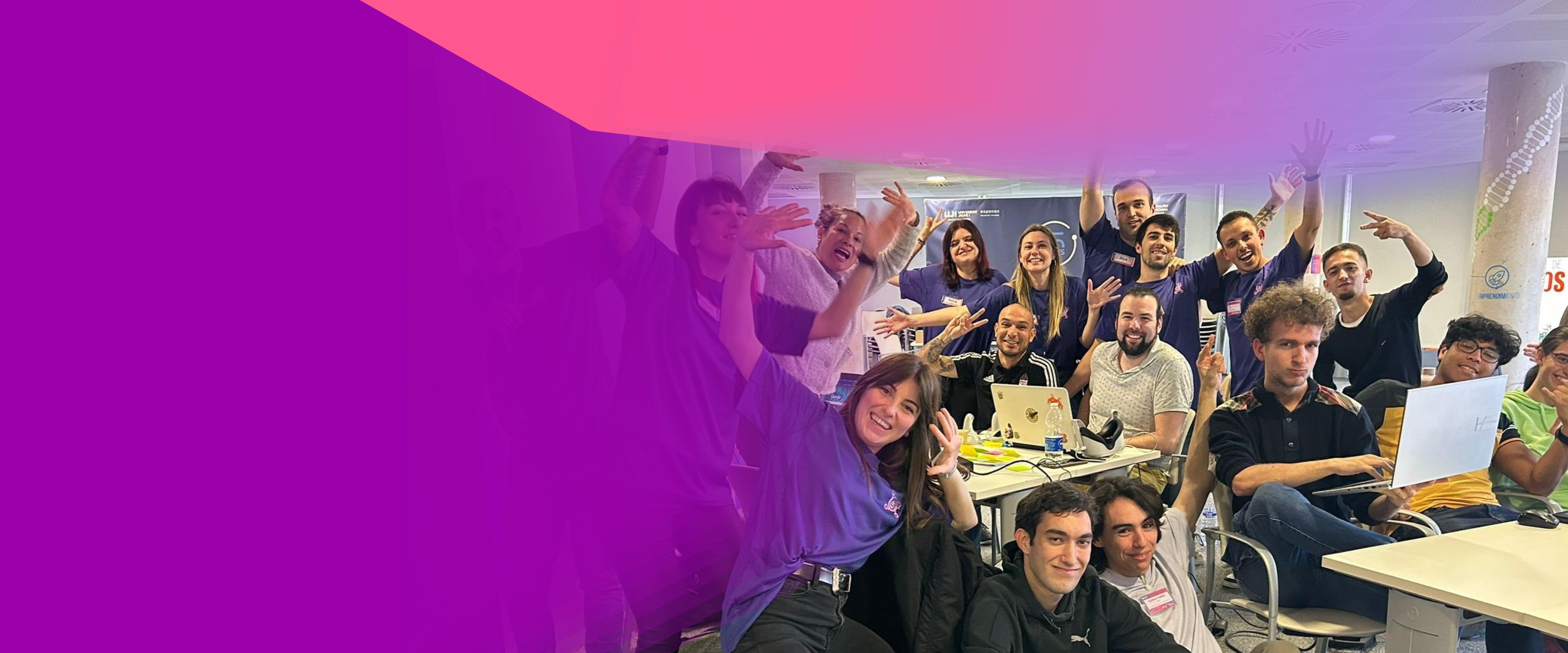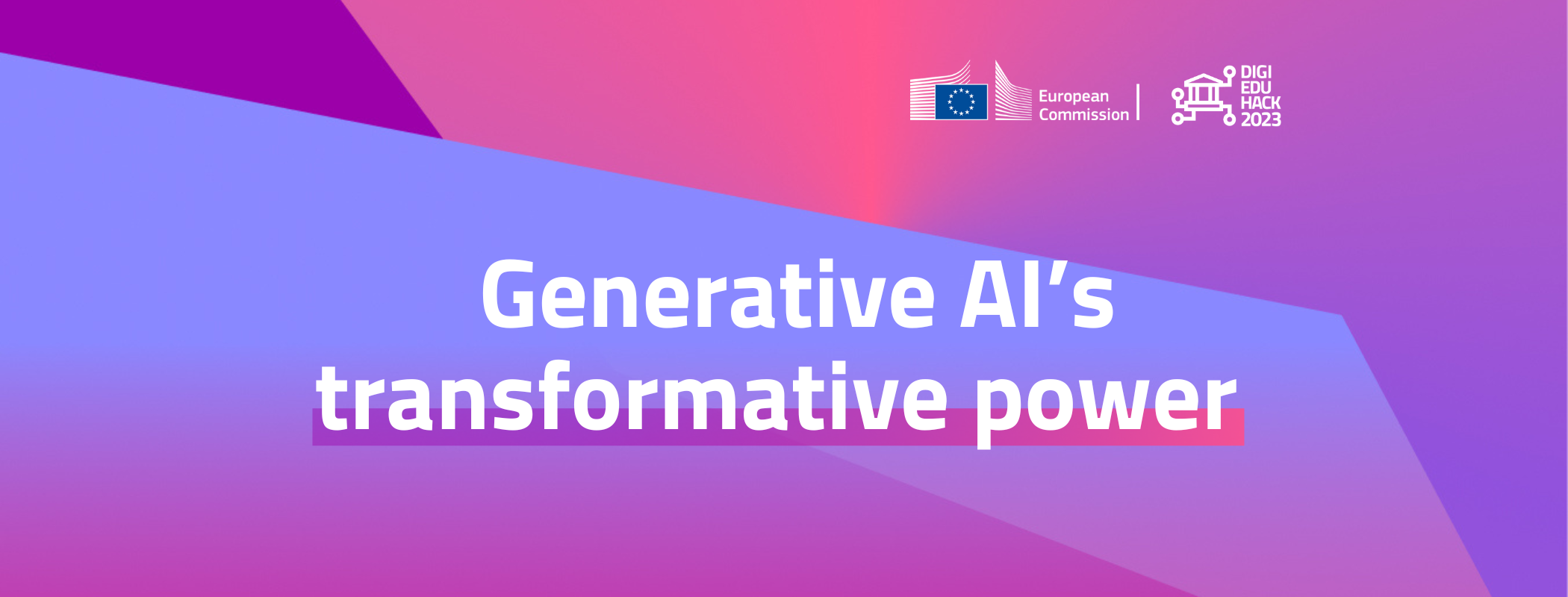Navigating the transformative power of generative AI: Empowering all learners
Generative AI is rapidly transforming the landscape of work and the skills required to thrive in the modern world. Educators and researchers are faced with the crucial task of considering how to best equip future generations with the tools they need to adapt to this technological advancement; students of all levels, engaged in any type of education - from traditional schooling to vocational training or lifelong learning, slowly - or not so slowly - welcome the new tools in their lives.
Generative AI technologies have already started to influence various industries, from content creation to customer service. The question that arises is how the education and training sectors can adjust and equip students with the skills that will allow them to meet workplace expectations in terms of using generative AI effectively.
One key aspect of addressing this challenge is to foster a deep understanding of generative AI among students. Educators can incorporate AI-related coursework and projects into their curricula, allowing students to gain hands-on experience with these technologies. By doing so, we can bridge the gap between theoretical knowledge and practical application, preparing students for AI-driven workplaces.
Furthermore, it's essential to emphasize critical thinking, problem-solving, and creativity. While AI can automate many tasks, it cannot replace human creativity and ingenuity. Encouraging students to think critically and creatively will enable them to harness the power of AI as a tool to enhance their work rather than replace it.
To inspire collaboration and innovation in the realm of generative AI, educators can take a proactive approach by organizing hackathons. These events serve as platforms for students to engage with the topic and find novel solutions to real-world challenges. In this edition of DigiEduHack, the category “Emerging technologies for education” accounts for almost half of the hackathons organised in Europe and around the globe.
Is the role of AI in education a topic you’re interested in? You should join DigiEduHack!
- You will engage with like-minded fellow participants. Hackathons bring together a diverse group of participants, including students, faculty, and industry experts. This diversity fosters rich discussions and encourages the exchange of ideas from different perspectives.
- You will co-create solutions to incorporate and adapt with AI: Hackathons provide a structured environment for brainstorming and problem-solving. Participants can collaboratively develop innovative solutions that can be integrated into educational programs to better prepare students for AI-centric workplaces.
- You will become part of the DigiEduHack community and develop a network of digital education experts and enthusiasts, where the dialogue about the challenges and future of digital education continues after the hackathon!
DigiEduHack is not a stand-alone project. It’s an initiative by the European Commission, under the Digital Education Action Plan. The Action plan includes a concrete action regarding AI - Ethical guidelines on the use of AI and data in teaching and learning for educators. Educators, learners, researchers and innovators, any person passionate about digital education can contribute to this conversation by participating in events like DigiEduHack, where they can co-create solutions to address the challenges posed by generative AI.
Join us in this transformative journey. Choose your preferred challenge and register! With DigiEduHack, you will find the inspiration and guidance to develop the skills and knowledge needed to thrive in a world with generative AI.
Take your first step and participate in DigiEduHack!
This article was partially created with the help of a generative AI tool.

